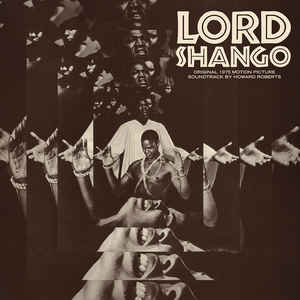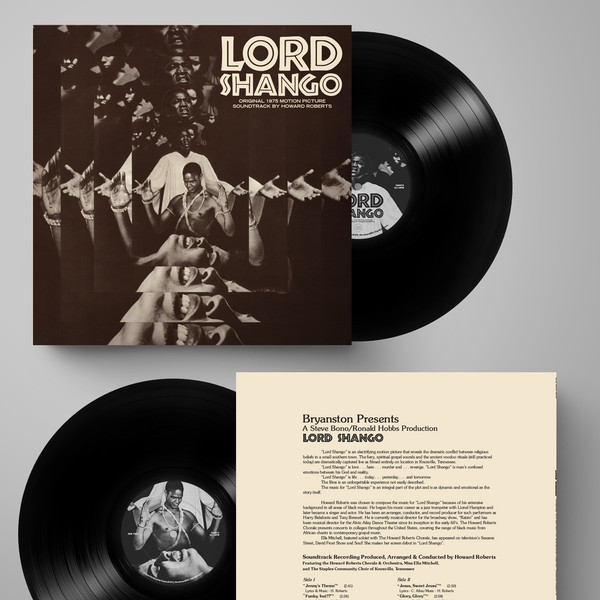Howard Roberts (October 2, 1929 – June 28, 1992) was an American jazz guitarist, educator and session musician.
Roberts was born in Phoenix, Arizona, and began playing guitar at the age of 8. By the time he was 15 he was playing professionally locally.
In 1950 he moved to Los Angeles. There, with the assistance of Jack Marshall, he began playing with musicians including Bobby Troup, Chico Hamilton and Barney Kessel. In about 1956, Bobby Troup signed him to Verve Records as a solo artist. Around that time he decided to concentrate on recording, both as a solo artist and session musician, a direction he would continue until the early 1970s.
Roberts played rhythm guitar, lead guitar, bass and mandolin, in the studio and for television and movie projects, including lead guitar on the theme from The Twilight Zone, as well as the classic guitar themes in The Munsters, Bonanza, The Brady Bunch, Green Acres, Get Smart, Batman, Beverly Hillbillies, Andy Griffith, Peter Gunn, Johnny Quest, Gidget, Mannix, Lost in Space, Dragnet, Wild Wild West, Mission Impossible, The Odd Couple, and rhythm guitar on the theme from I Dream of Jeannie.
Artists Roberts backed include Georgie Auld, Peggy Lee (Fever), Eddie Cochran (Sittin In The Balcony), Bobby Day (Rockin Robin), Jody Reynolds (Endless Sleep), Shelley Fabares (Johnny Angel), Dean Martin (Houston), The Monkees, Roy Clark, Chet Atkins, and The Electric Prunes.
In 1961, Roberts designed a signature guitar which was originally produced by Epiphone. The guitar was a modified Gibson ES-175 (Epiphone is owned by Gibson and during this period Epiphone guitars were manufactured in the same factory as Gibson guitars in Kalamazoo, Michigan), with a round sound hole and a single pickup. A redesigned version was later produced by Gibson. The Howard Roberts signature was borne by two other models made by Gibson: the Howard Roberts Custom and the Howard Roberts Fusion III.
In 1963, Roberts recorded Color Him Funky and H.R. Is A Dirty Guitar Player, his first two albums after signing with Capitol. Produced by Jack Marshall, they both feature the same quartet with Roberts (guitar), Chuck Berghofer (bass), Earl Palmer (drums) and Paul Bryant alternating with Burkley Kendrix on organ. Both albums were released on a single CD under the title Dirty & Funky on Randy Bachman's label Guitarchives in 1998. In all, he recorded nine albums with Capitol before signing with ABC Records/Impulse! Records.
From the late 1960s, Roberts began to focus on teaching rather than recording. He traveled around the country giving guitar seminars, and wrote several instructional books. For some years he also wrote an acclaimed column called "Jazz Improvisation" for Guitar Player magazine. Roberts developed accelerated learning concepts and techniques, which led to the founding of Playback Music Publishing and the Guitar Institute of Technology. As a co-founder of GIT, now known as the Musicians Institute, Roberts' philosophy remains an integral part of the curriculum.
Roberts died of prostate cancer in Seattle, Washington on June 28, 1992. His wife Patty, also active in musical education, continued in this field after his death.
Howard inspired the opening of Roberts Music Institute in Seattle, Washington, which is currently owned by his son, Jay Roberts.
Read more on Last.fm. User-contributed text is available under the Creative Commons By-SA License; additional terms may apply.


